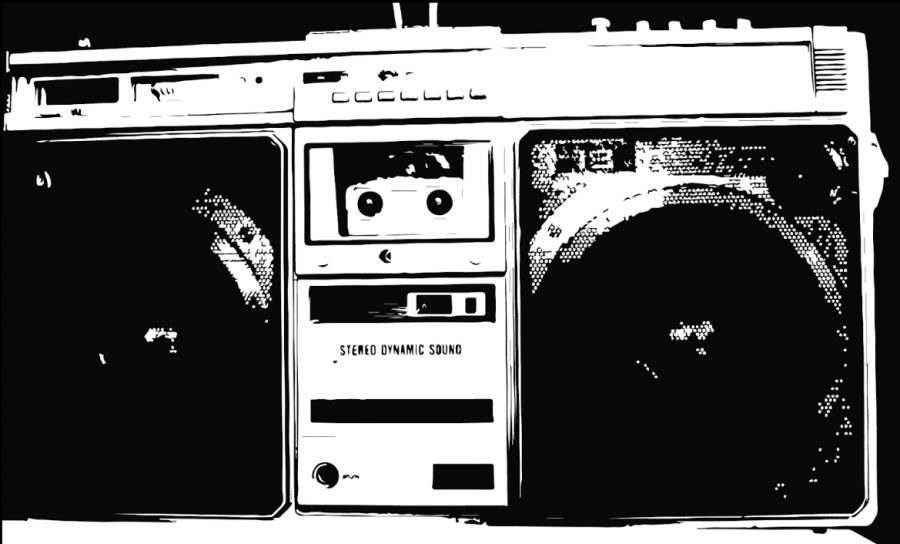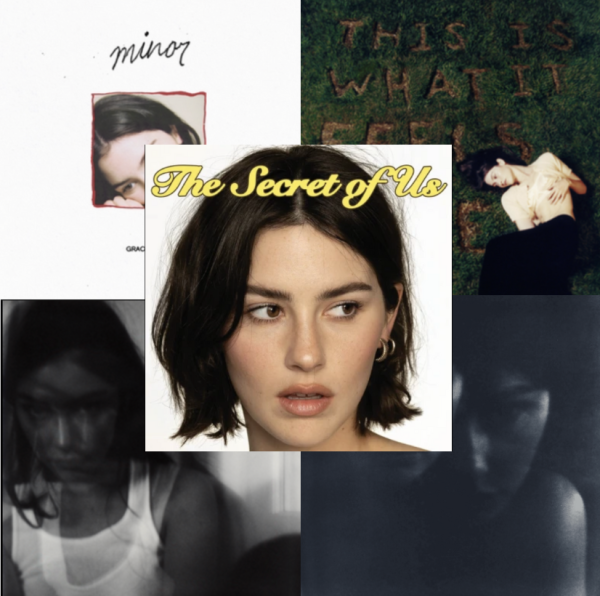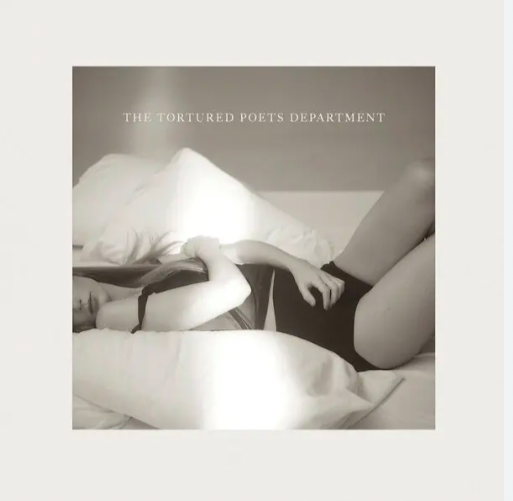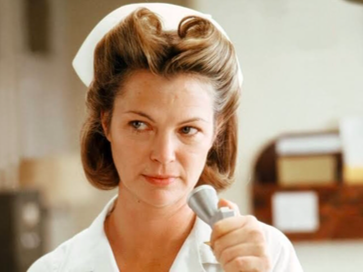Women of Rap
What about the women of the movement?
More stories from NAOMI DIAZ
The hip-hop industry has been dominated widely by men in music for decades. This being said, the feral music industry hosts the active reputation of giving a fierce, competitive bite to its laborers, and the hip-hop industry can never go undiscussed. Because men have certainly always remained the majority in the hip-hop industry, with the help of their privilege, the paths to success have been paved with ease for these artists.
What about the women of the movement?
Our battle for a spotlight to bathe in has remained one of restlessness and tough grinding within an industry where women are obviously the minority. While Nicki Minaj, The City Girls, Cardi B. and Megan Thee Stallion have undoubtedly curated a boom in hip-hop culture. It is of great importance to honor the building blocks within this moment.
Let’s take it back:
- Lauryn Hill: The triumphant Ms. Lauryn Hill has certainly done it all. Born on May 26th of 1975 in South Orange, NJ. Hill was put into this world with music racing in her veins; born into a family of rhythm, Hill was surrounded by music all throughout her childhood. Hill made history when she performed “Who’s Lovin’ You” at the Apollo Theater during Amatuer Night in 1987. The 13-year-old was booed by the merciless crowd, but ceased to sing until the very end of her bath in the spotlight. After this, it was in her earliest come-ups where she was able to tap into her talents and develop her wonderful voice and keen lyricism. People who saw Hill’s talent began to emerge from the side lines starting with Pras Michel, another student who was eager to start a band with her. Soon, Michel’s cousin, Wyclef Jean, finalized the trio, and they established themselves as the Fugees. The group later hustled on to release two studio albums: Blunted on Reality in 1994 and the Grammy Award-winning The Score in 1996, which sold six million copies in the United States. Hill’s performance on her rendition of the hit “Killing Me Softly,” was a chart-topping song in a number of countries, and these numbers catapulted her into stardom.
After the unfortunate split of the Fugees, Hill was able to narrow her focus on her solo career. Remaining her only solo studio album, The Miseducation of Lauryn Hill exists as an honorary album in hip-hop history. It received massive critical acclaim upon its release in 1998, showcasing a representation of life and relationships and locating a modern womanist voice within the neo soul genre. The swag and attitude added into the works of Hill aided in redefining what a female rapper should embody in the hip-hop industry. Hill was never apologetic to the authentic and raw topics that the lyricist would spit about, turning a blind eye to “what people want to hear,” and it is expected of female artists. The Miseducation of Lauryn Hill features numerous unforgettable hits like, “Doo Wop,” “Ex-Factor,” “Lost Ones,” and so many more that gifted Hill her well-deserved spotlight. The album debuted at #1 on the Billboard 200, and has sold approximately eight million copies within the United States. At the 41st Grammy Awards, the record rightfully earned her five awards, including Album of the Year and Best New Artist.
- Missy Elliot: Melissa Arnette Elliot (Missy Elliot) was brought into this world on July 1st, 1971. On the earliest come-ups of her career, Elliott accumulated her craft as part of the female R&B group Sista in the early 1990s. Eventually, Elliot became part of the Swing Mob collective with childhood friend Timbaland. Alongside each other, the pair worked on projects for artists like Aaliyah and groups including 702, Total and SWV. Eventually, Elliot has paid her dues in working behind the scenes, she was ready to catapult her solo career into the rink. She launched into stardom with the release of her debut album Supa Dupa Fly in 1997. From this catalog spawned the hits “The Rain (Supa Dupa Fly)” and “Sock It 2 Me,” landed all eyes to shift their gaze to the potent poet.
It was only a matter of time until Elliot found herself at #3 on the Billboard 200, setting a record by achieving the highest charting-debut for a female rapper, especially given the time period Elliot found herself in. The energy never ceased, and she he didn’t stop there with Da Real World following up in 1999 which hosted the renounced hit, “Hot Boyz.” Moving forward into the early 2000s, Elliot released Miss E… So Addictive, Under Construction, followed by This Is Not A Test! Dropping albums for three consecutive years, she was unstoppable, and her fame only fanned the blazing fire. Elliot established for herself an international career with numerous of her songs becoming unforgettable anthems of the time. Hits including “Get Ur Freak On,” “One Minute Man,” and “Work It” never failed to tip the public over the edge in thrill, selling over 30 million records in the United States. The rapper won the well-deserved Grammy Award for Best Female Rap Solo Performance, following five additional Grammys for these curations alone.
Elliot’s legacy undeniably changed the entire rap game for women, pioneering the path to escaping the common narrative that is placed on women in the music industry. The rapper’s refusal to remain confined to the image that the public wants to see, Elliot instead embraced her beautiful, Black womanhood. Elliot unapologetically shined an open spotlight to the narrow categories of androgyny and hypersexuality that female artists are placed in constantly and showcased her contradictions both with grace and soul.











